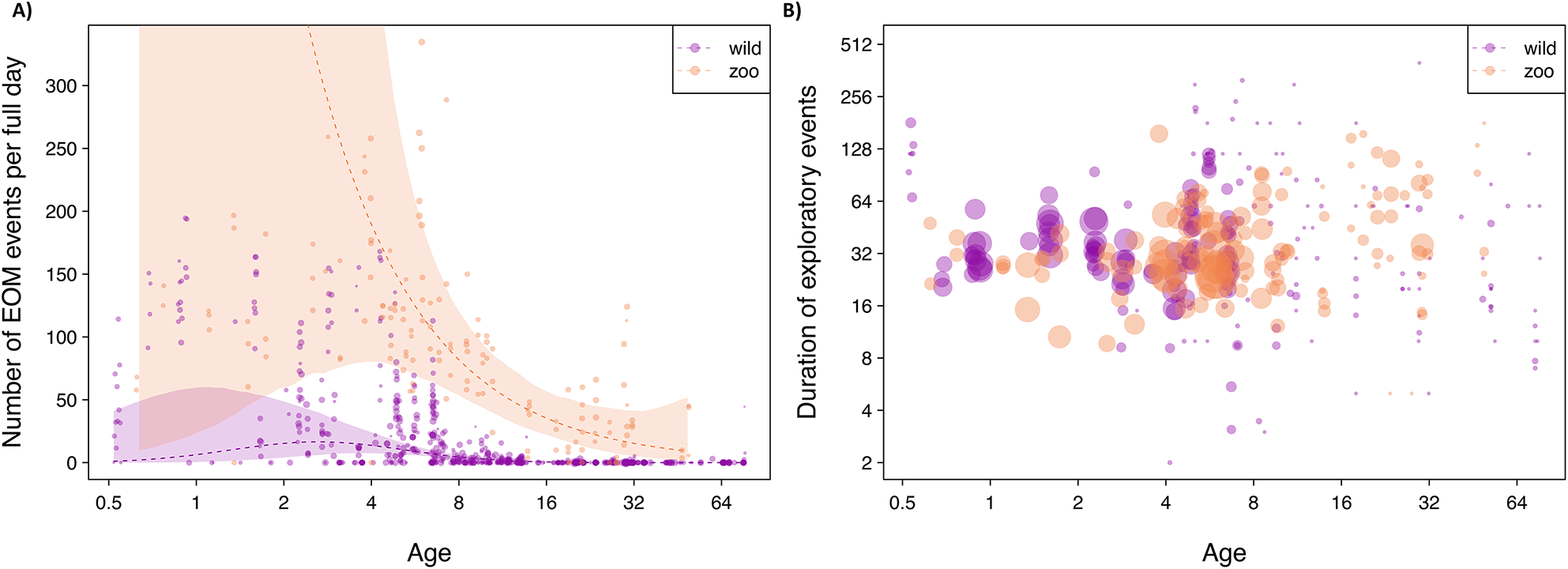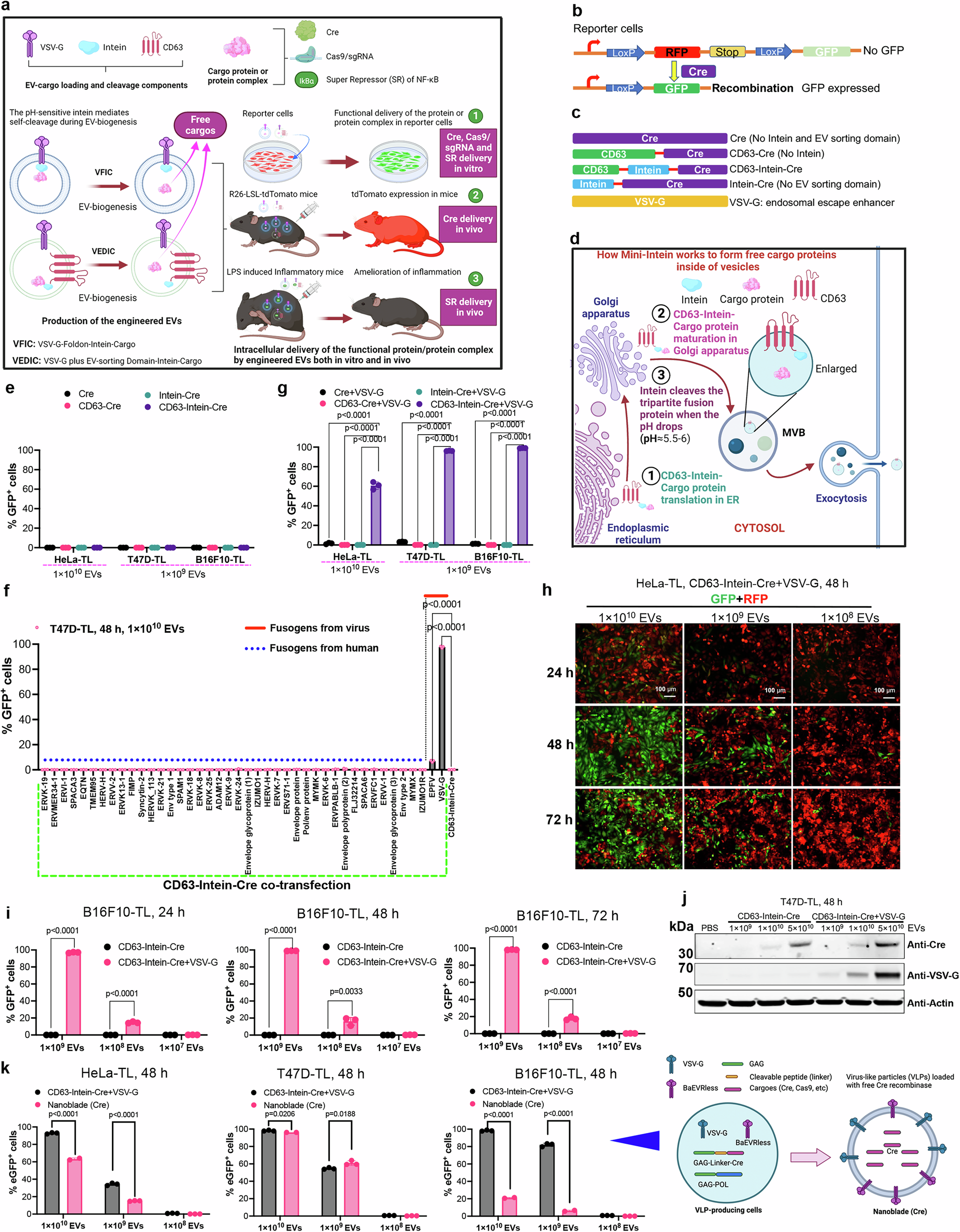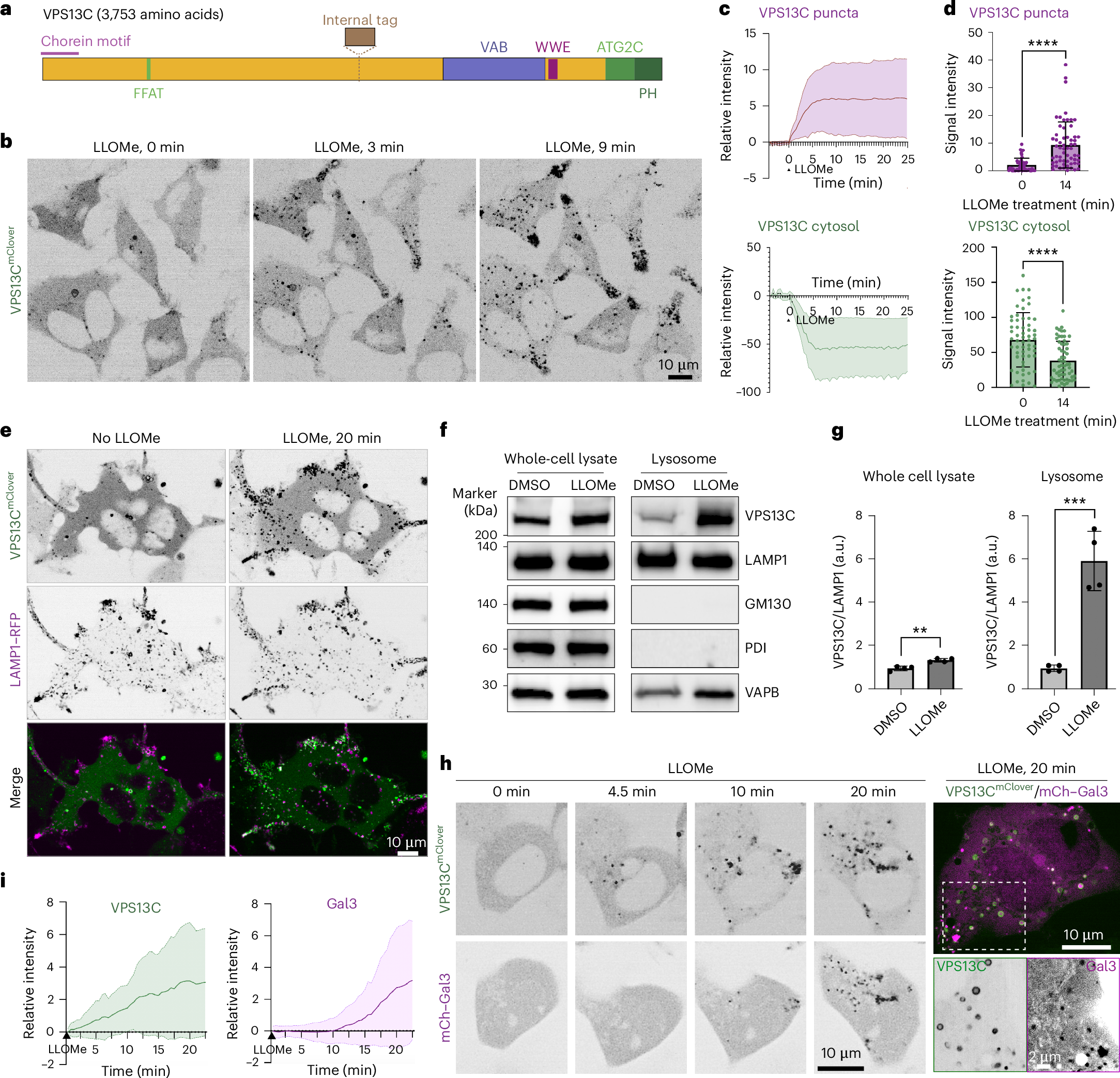2025-04-30 マックス・プランク研究所(MPG)
<関連情報>
- https://www.mpg.de/24625003/0428-ornr-wild-and-zoo-housed-orangutans-explore-the-world-differently-987453-x
- https://www.nature.com/articles/s41598-025-97926-z
野生オランウータンと動物園飼育オランウータンの物体探索方法の違い Wild and zoo-housed orangutans differ in how they explore objects
Isabelle B. Laumer,Shubhangi Kansal,Anais van Cauwenberghe,Tri Rahmaeti,Tatang Mitra Setia,Roger Mundry,Daniel Haun & Caroline Schuppli
Scientific Reports Published:30 April 2025
DOI:https://doi.org/10.1038/s41598-025-97926-z

Abstract
In human infants, exploratory object manipulations (henceforth called “EOM”) stimulate cognitive development and affect cognitive performance in later life. Zoo-housed great apes are frequently used to study the evolution of human cognition, however, it is unknown how the zoo environment affects their daily expression of EOM. We investigated how wild and zoo-housed Sumatran orangutans differ in their daily EOM throughout life. We collected ~ 12′000 EOM events by 51 wild and zoo-housed individuals of all ages. Zoo-housed orangutans showed significantly higher EOM rates than wild orangutans. Exploratory actions were more diverse in zoos than in the wild, even with objects available in both settings. Zoo-housed orangutans also showed a larger repertoire of exploratory actions and a higher probability of multi-object exploration, including tool use. There was no difference between settings at which age individuals first showed specific exploratory actions. Our results show that the zoo environment significantly affects EOM in orangutans and that the species’ exploratory potential exceeds its natural expression. This may have important implications for cognitive performance, as zoo-housed individuals are likely to have a broader range of affordances to draw from when confronted with novel problems. These results highlight the potential of captive-wild comparisons to study cognitive development and evolution.

